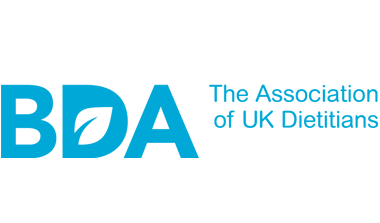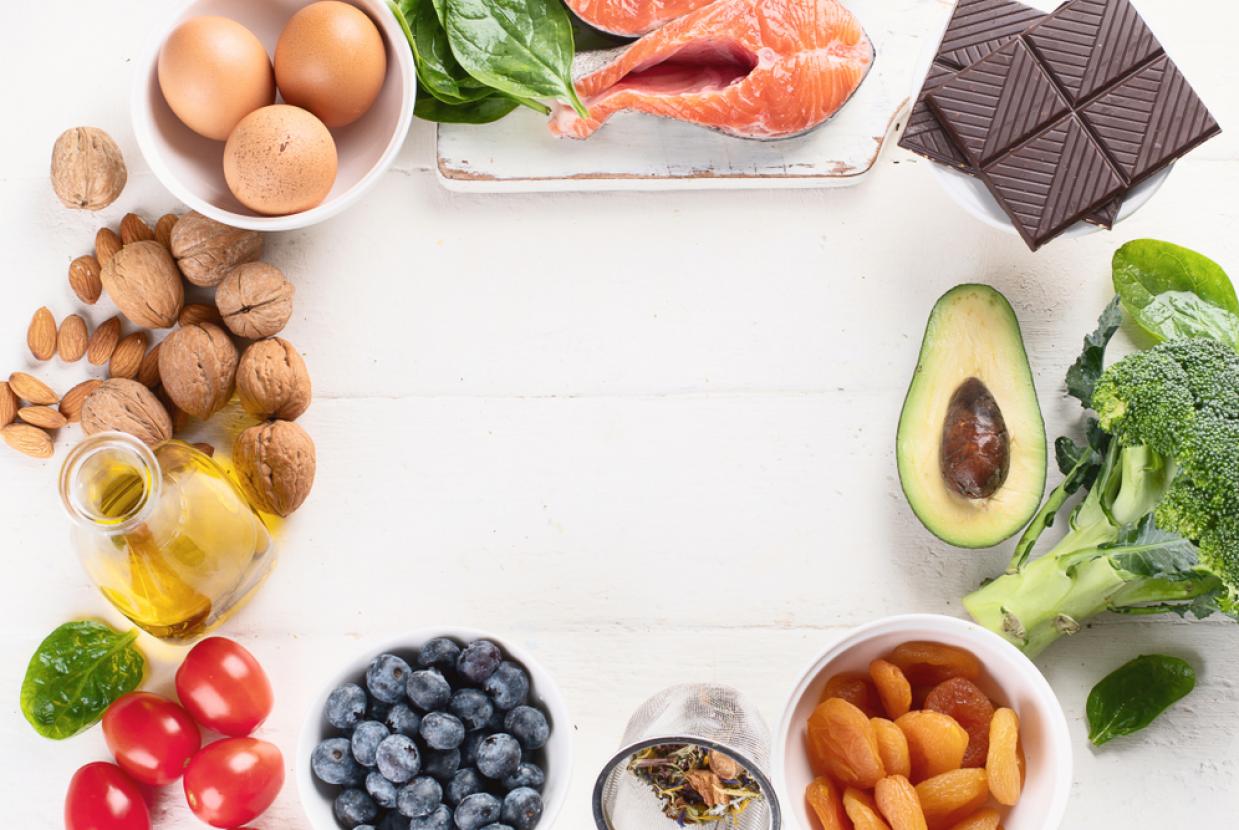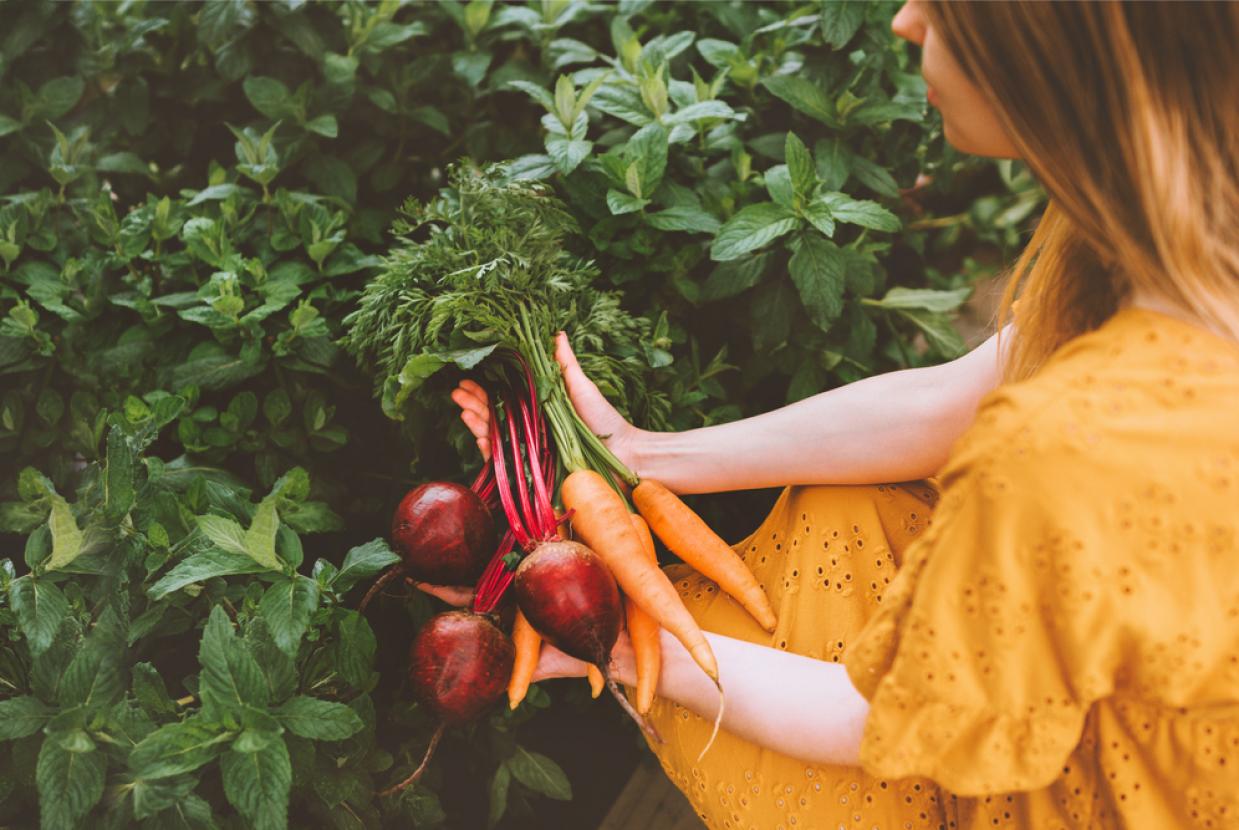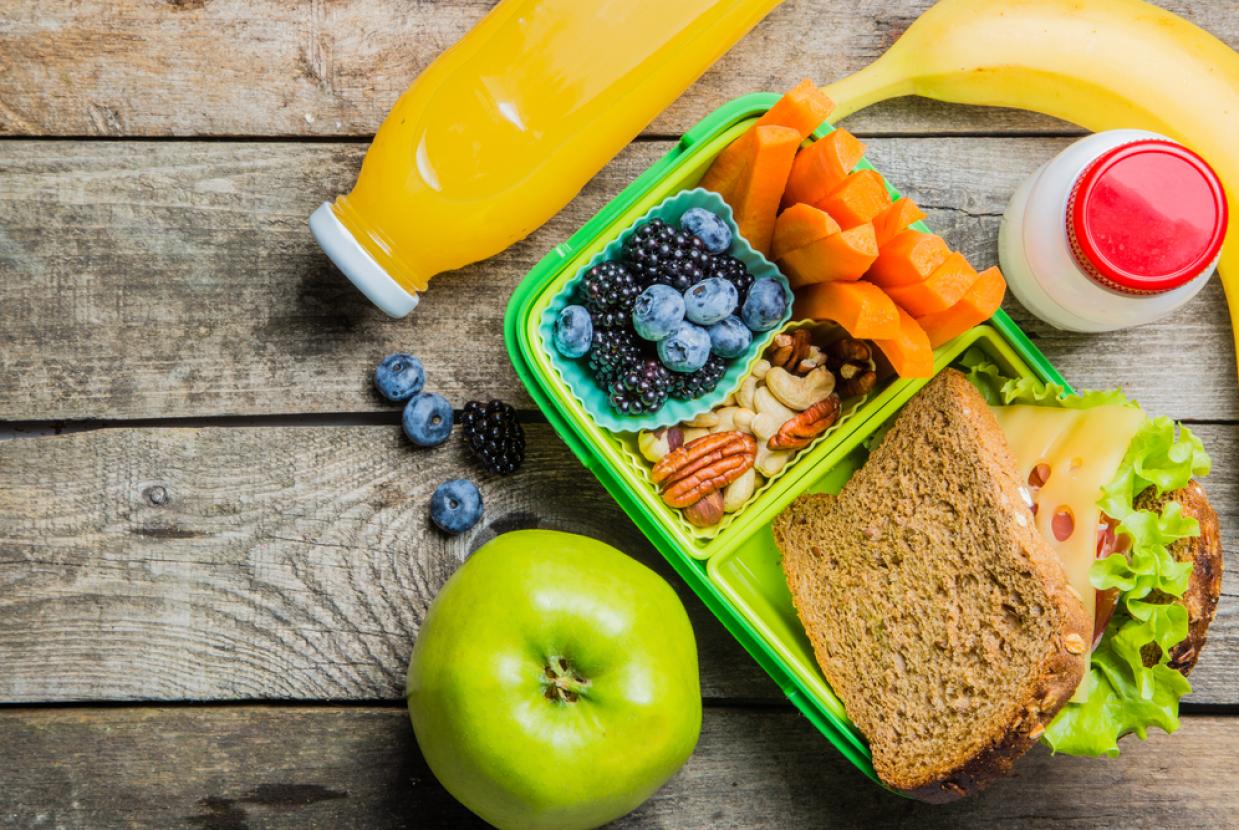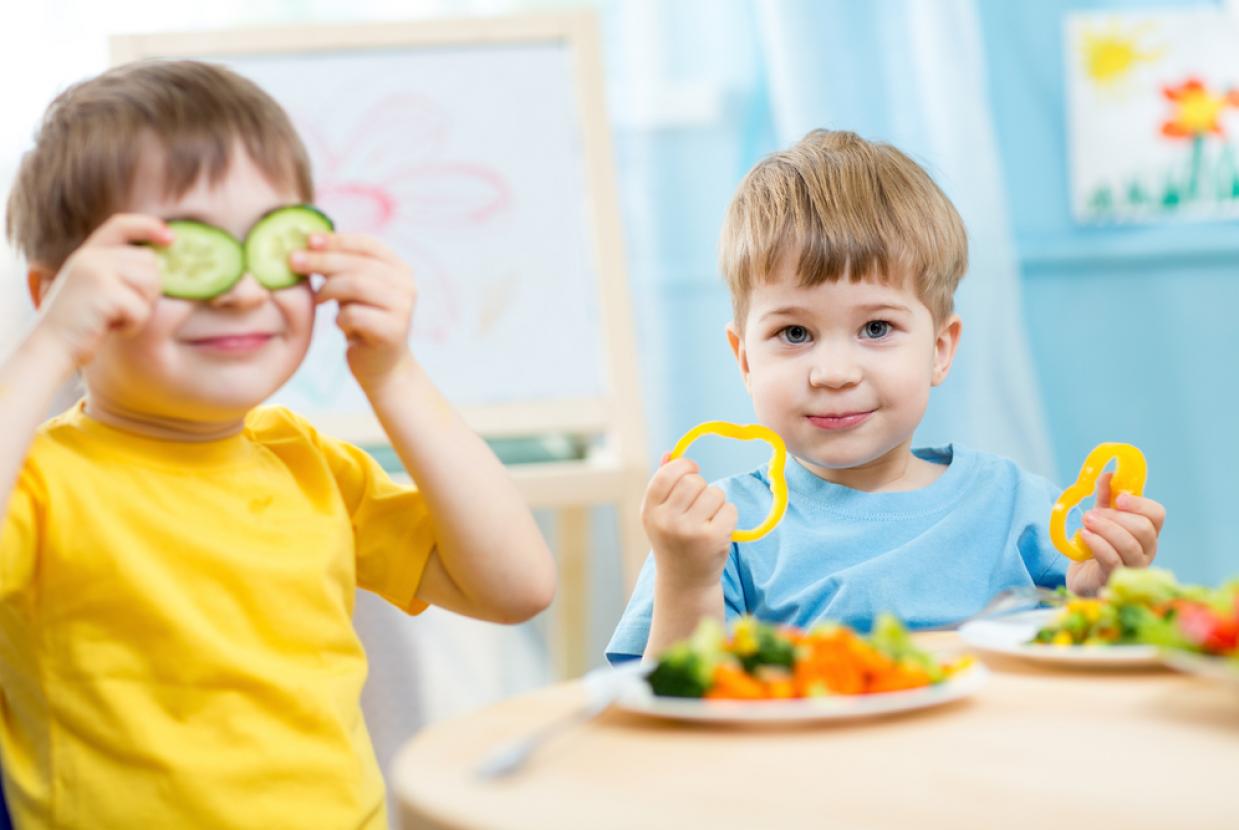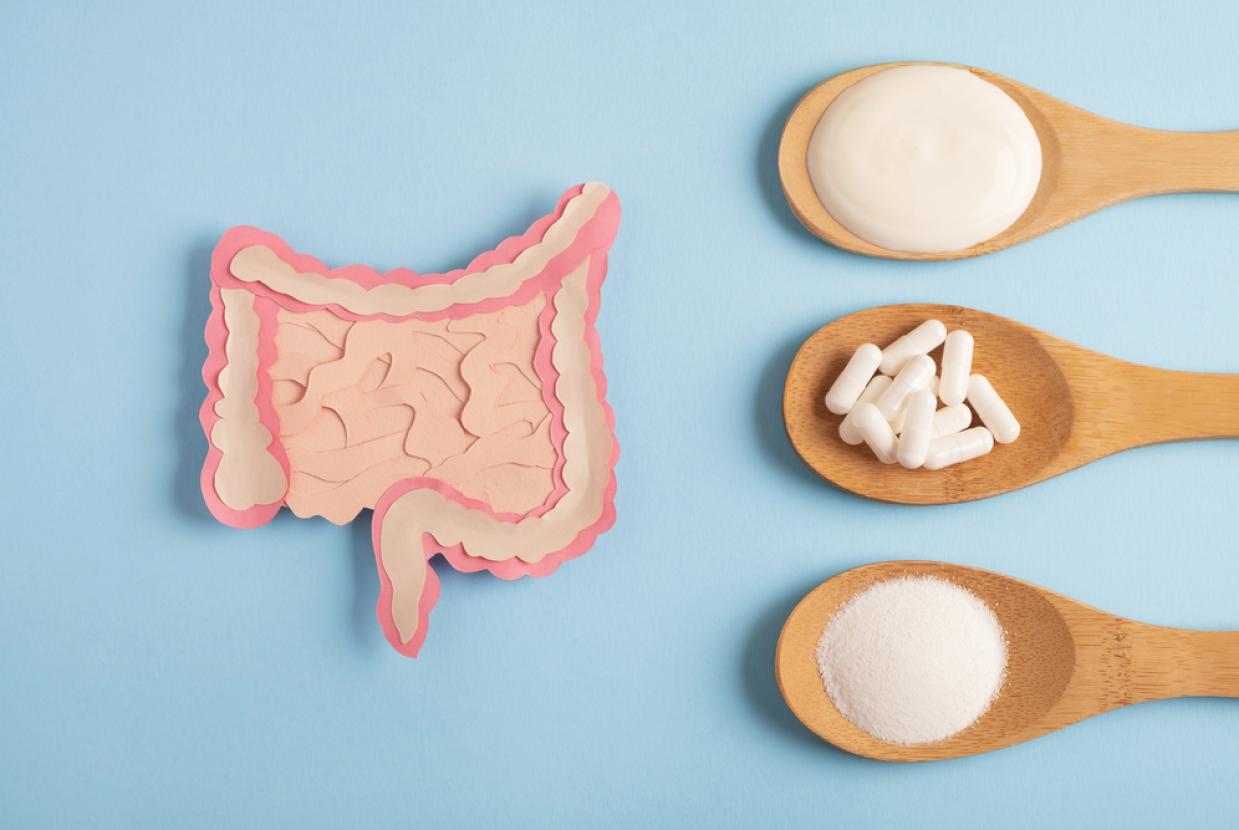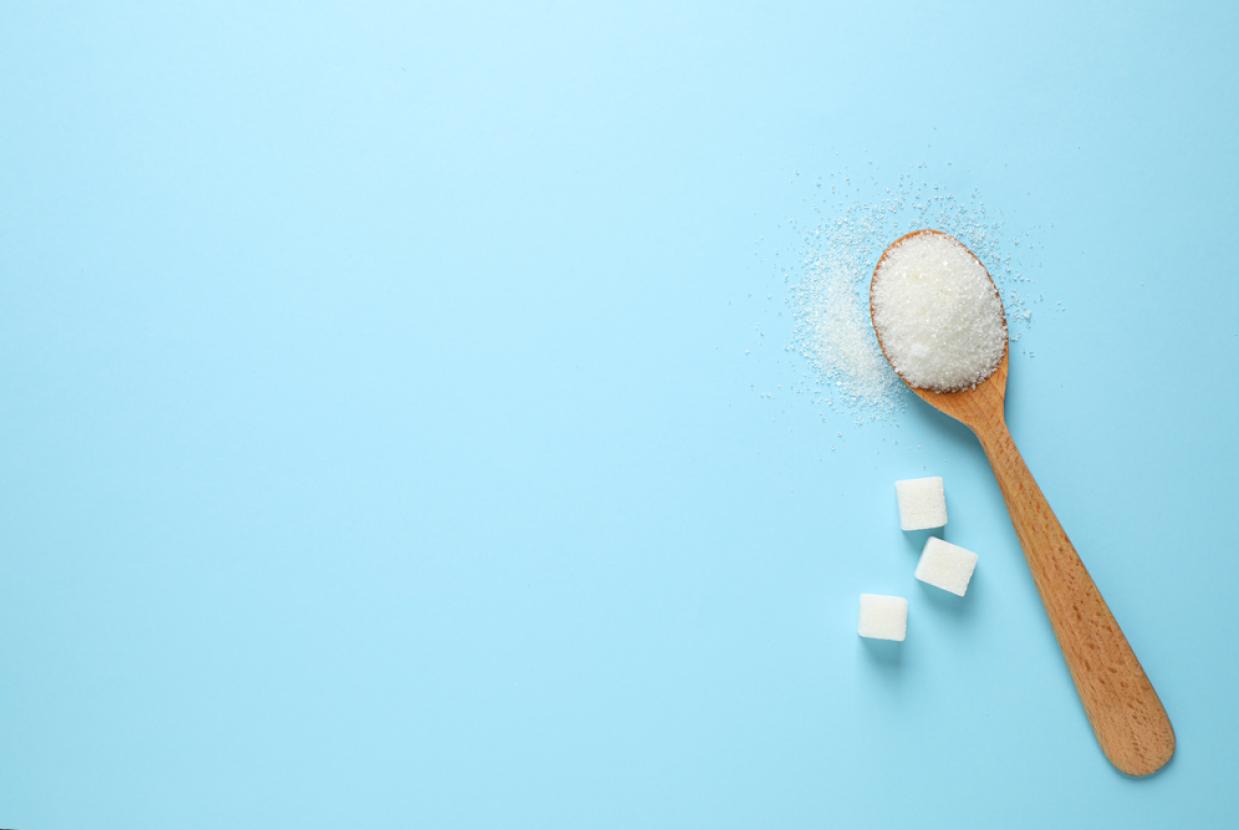Plant-Based Drinks - Busting The Myths
Healthy Diet / ConservationThere is a huge amount of media coverage around plant-based drinks, leading to a lot of confusion over whether we should or shouldn’t be switching from cow’s milk to plant-based drinks, and also which drinks to choose.
Today, many of us are changing to more plant-based eating patterns, whether going 100% plant-based with a vegan diet or by introducing things like ‘Meat-Free Mondays’. A move towards plant-based drinks can be a part of this, with more than 1 in 3 of us now including plant-based drinks in our shopping. This seems to be for a variety of reasons including medical reasons, like lactose intolerance; ethical reasons, like veganism; or health and sustainability priorities.
There is evidence to support that, in general, plant-based products have a lower climate impact than animal-based products. A shift to increased production of plants for our direct consumption such as fruits, vegetables, nuts/seeds, wholegrains is critical to tackle challenges linked to climate change, as well as to feed a growing population.
Data suggests that between a quarter and a fifth of all global deaths among adults are attributable to poor diets, which are generally lower in plants, whilst being high in red and processed meat, like bacon, hot dogs and salami and sugary drinks.
From a UK public health perspective, dairy and/or alternatives remain part of the Government’s recommendations for a healthy diet. Plant-based drinks can be an easy swap for many people to take, so it is important to look at their nutrition profile.
What to look for if choosing a plant-based drink? Let’s look at some nutrients in more detail:
Fats
With the exception of coconut drinks, many plant-based alternatives are low in saturated fats and rich in unsaturated fats. Rapeseed and sunflower oil are popular additions to plant-based drinks, enabling a range of different fat levels, similar to that found in cow’s milk. Rapeseed oil has a high proportion of monounsaturated fats and omega-3's and is low in saturated fats, consistent with nutrition recommendations.
Vitamins and minerals (micronutrients)
Most plant-based drinks are fortified, typically with vitamins B2, B12 and D and with the mineral calcium. The 'bioavailability' of these nutrients, in other words, how efficiently these are absorbed and how available they are for use by the body, is still being studied. However, research offers considerable support for the bioavailability of added vitamins and minerals in plant-based drinks.
Government advice is that consumers of plant-based drinks select unsweetened, calcium-fortified options and most plant-based drinks are fortified with a similar amount of calcium to that found in cow’s milk. The addition of vitamin D to many plant-based drinks will further support absorption of the calcium.
Iodine is important to health and cow’s milk is a rich source. It is therefore encouraging for people who have wholly switched to alternatives that in recent years, several plant-based drinks have started to be fortified with iodine.
The value of fortified foods is widely acknowledged by nutritionists and dietitians for meeting the recommended intakes of key micronutrients for health. This is particularly the case when people may choose to (or need to) change their food habits - for example when moderating dairy and reducing red meat as many people shift to plant-based diets. Current legislation does not permit organic plant-based drinks to be fortified however, so it’s important to check the labels to inform your choice.
Sugar
Plant-based drinks offer a range of sugar contents, from no sugars to those with a sugar content similar to cow’s milk. Sugars can be either naturally occurring sugars or occasionally are added to provide a similar sweetness to that of cow’s milk. Consumers can check food labels to help them find a drink that suits their preferences.
Fibre
Many plant-based drinks provide a source of dietary fibre, so check the food labels when you’re shopping. To be able to ‘drink your fibres’ is a real bonus, when so many of us are not consuming adequate amounts of fibre.
Protein
Whilst many plant-based drinks are lower than cow’s milk in protein, they offer a range of protein contents, with the highest being soya and pea drinks. For people eating a balanced, varied diet, which fulfils our energy needs, protein intake is not usually an issue, as we are getting more protein than we need. Furthermore, you will find protein in many foods, such as tofu, beans and lentils, nuts and seeds, bread, pasta and rice. Some people will have higher protein requirements - if you're unsure, check with your healthcare professional.
How about processing?
There is no agreed legal definition for the term ‘ultra-processed’, but according to one widely used classification (NOVA), many plant-based drinks would feature in this category. This is because NOVA places foods with five or more ingredients in the ‘ultra-processed’ category and therefore the addition of vitamins and minerals places them there. It is important that the level of processing and nutritional quality is not confused, and the well-demonstrated benefits of fortified foods, to support a healthier, more sustainable future, as discussed by national and international bodies is not forgotten in these discussions.
Finally, the USA’s Academy of Nutrition and Dietetics suggests that plant-based diets may provide health benefits for the prevention and treatment of certain diseases. With the explosion of plant-based products on the market, if you’re considering the switch, take a look at the BDA’s Food Fact Sheet looking at how plant-based diets can support healthy living at every age and life stage.


